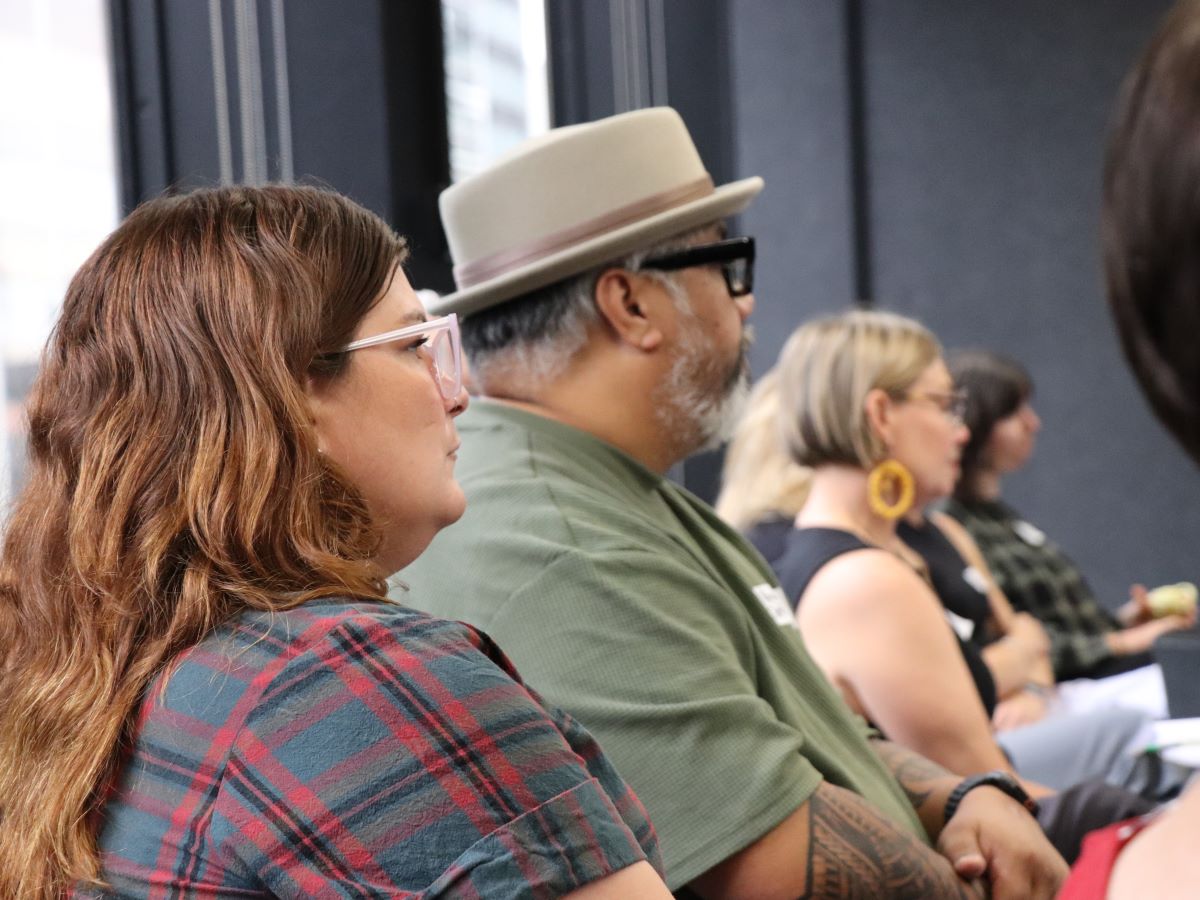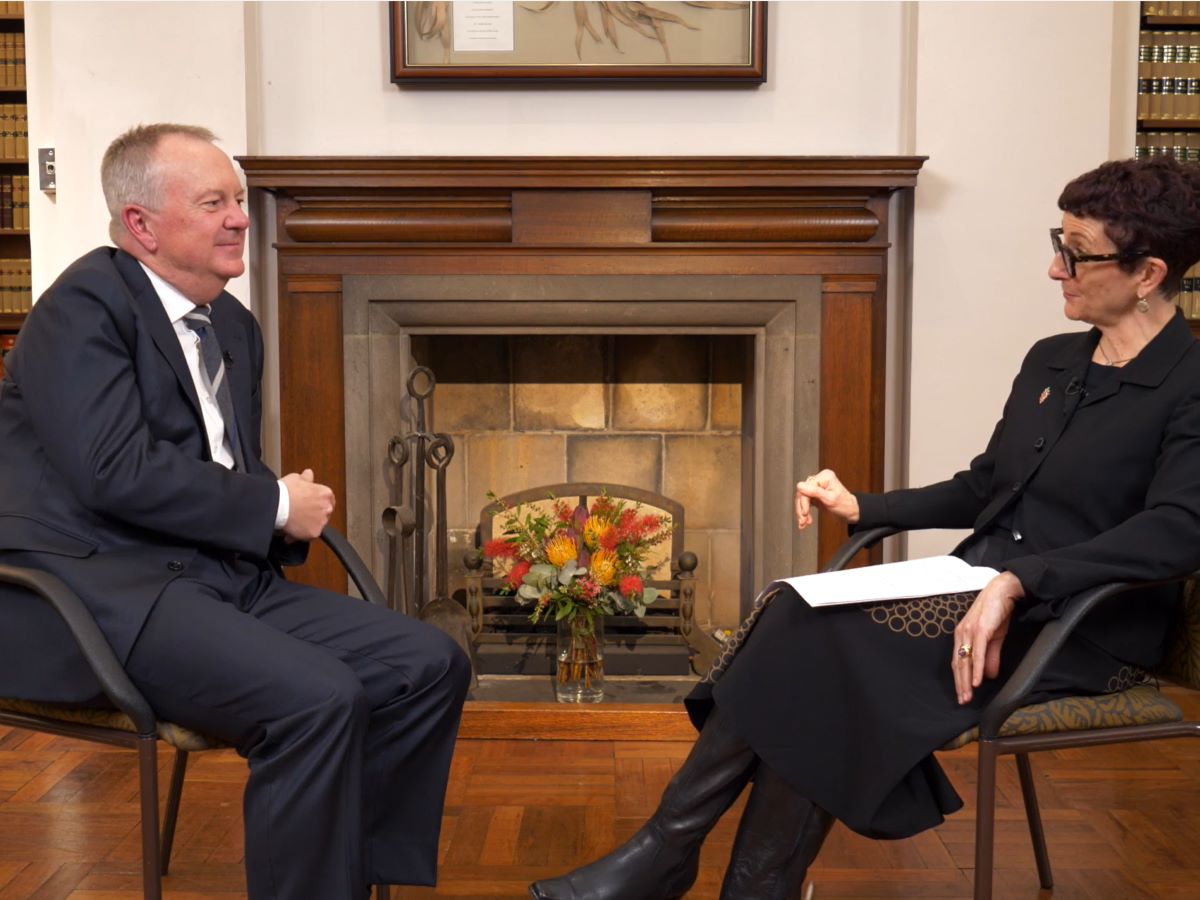An inclusive and trauma-informed approach to encouraging self-advocacy
Updating resources to help women and gender-diverse people understand their rights and powers when dealing with separation and stalking.

WIRE offers free support, referrals and information on any issue for women, non-binary and gender-diverse people in Victoria. With funding from a VLF Community Legal Grant, WIRE has recently refreshed its Separation and Property, and Stalking information booklets. They recognise the importance of having accurate information for those seeking help, and aim to ensure that individuals dealing with these issues have access to the most current, accessible and relevant information and tools to self-advocate.
Identifying exceptional need for up-to-date resources
Among the resources provided by WIRE, the Separation and Property booklet is the most sought-after, focusing on providing a greater opportunity for a fairer division of asset property settlement process, and legal information. With WIRE’s Separation and Property Clinic fully booked three months in advance, the demand for information on this topic is high. Aiala Morales, WIRE’s Community Engagement Lead tasked with updating the booklets, supports this observation with numbers.
“From April 2023 – February 2024, 39% of people contacting WIRE were referred to and booked into our Separation and Property Legal Clinic… Our website reflects since September 2023 and until January 2024, we have an average of 75 booklets downloaded a month about Separation and Property, and 113 on Stalking.”
Additionally, Morales notes a concerning limitation to the access of resources to help build understanding of stalking among those seeking support. The collective work done at WIRE recognises that for gender-diverse people and those who identifies as a woman, their experience of stalking is often not identified as such. This is because behaviours of stalking are often normalised by our society, making it hard for those affected to recognise their experience for what it is, stalking. Morales emphasises the impact of this, stating, “People not being able to access information about this means they can’t recognise what they’re experiencing as stalking…They can’t see it wasn't their fault, it was the person who was stalking them choosing to use that behaviour to intimidate, bully and harass who was at fault”.
Due to resource and time constraints, the Separation and Property booklet hasn't been updated since 2016, and the Stalking booklet since 2013. Morales highlights the need for revision, saying, “When we last updated that [Stalking] booklet, we had Myspace in there. And now Myspace doesn’t exist anymore”. She also identifies that there were many outdated references to support organisations, as some no longer exist, while new ones have emerged that needed to be included. Without up-to-date resources, it would be impossible to address the evolving technological and cultural landscape and ensure accurate, relevant support and advice for those in need.
A collaborative approach to providing information and advice for self-advocacy
The development of the booklets was shaped by community engagement workshops WIRE conducted in collaboration with Women's Legal Service Victoria and sources already available online to create a singular accessible resource. Information from the Federal Circuit and Family Court of Australia , insights from legislation, and partnerships with private lawyers and community organisations were integral in updating the booklet. Nicholes Family Lawyers played a vital role, providing support, proofreading, and ensuring accuracy in aligning with legislation changes. This collaborative approach enabled the construction of comprehensive, up-to-date, and accurate resources for the benefit of the community.
The impact of updating WIRE's booklets goes beyond information provision, emphasising a significant move toward inclusivity and self-advocacy. By revising gendered language and adopting a more gender-inclusive approach, the booklets aim to minimise indirect discrimination and systemic harm. This shift was informed by WIRE’s trauma-informed, person-centred and intersectional feminist approach to service. The newly updated booklets now serve as empowering tools for self-advocacy and self-education, allowing those affected to better navigate support services and seek legal assistance.

Making regional areas and accessibility a priority
A key aim of the project was to distribute the updated booklets in rural areas, enhancing the availability of important information and minimising harm caused by social isolation and limited accessibility. Currently, the booklets are being delivered to organisations in rural areas, with plans for one-on-one support sessions by WIRE’s service delivery team to provide direct support in Bendigo in the first half of 2024. These sessions will involve sharing the updated booklets as an information resource, and WIRE intends to further extend its reach in this region by distributing the booklets at the Bendigo Library to ensure valuable information is accessible to individuals seeking support and guidance.
WIRE is looking into the possibility of using the updated information in the booklets to produce new video resources. These videos would benefit individuals with disabilities or those who speak English as a second language, providing them the opportunity to hear information aloud and at their own pace.
“We know that if people are accessing our services whilst experiencing hardship their automatic responses can be flight, fright, fight, faint. It kind of informs how they take information in. The more options we have, the more people can choose how they seek information.” Morales outlines, highlighting that resources need to cater to where people are during the experience of stalking or separation. The revised booklets are available online or in paper, allowing people to review the content at their own pace and empowering individuals to understand their experience and to effectively self-advocate.
This project was funded by a VLF Community Legal Grant. If you have an idea for a project, see our Grants offering.
Learn more about WIRE.
Publications
Subscribe to our Newsletter
Courts, Community and Confidence
Join Chief Justice Richard Niall a for a recorded conversation about the law’s role in our community and the challenges shaping justice today.


